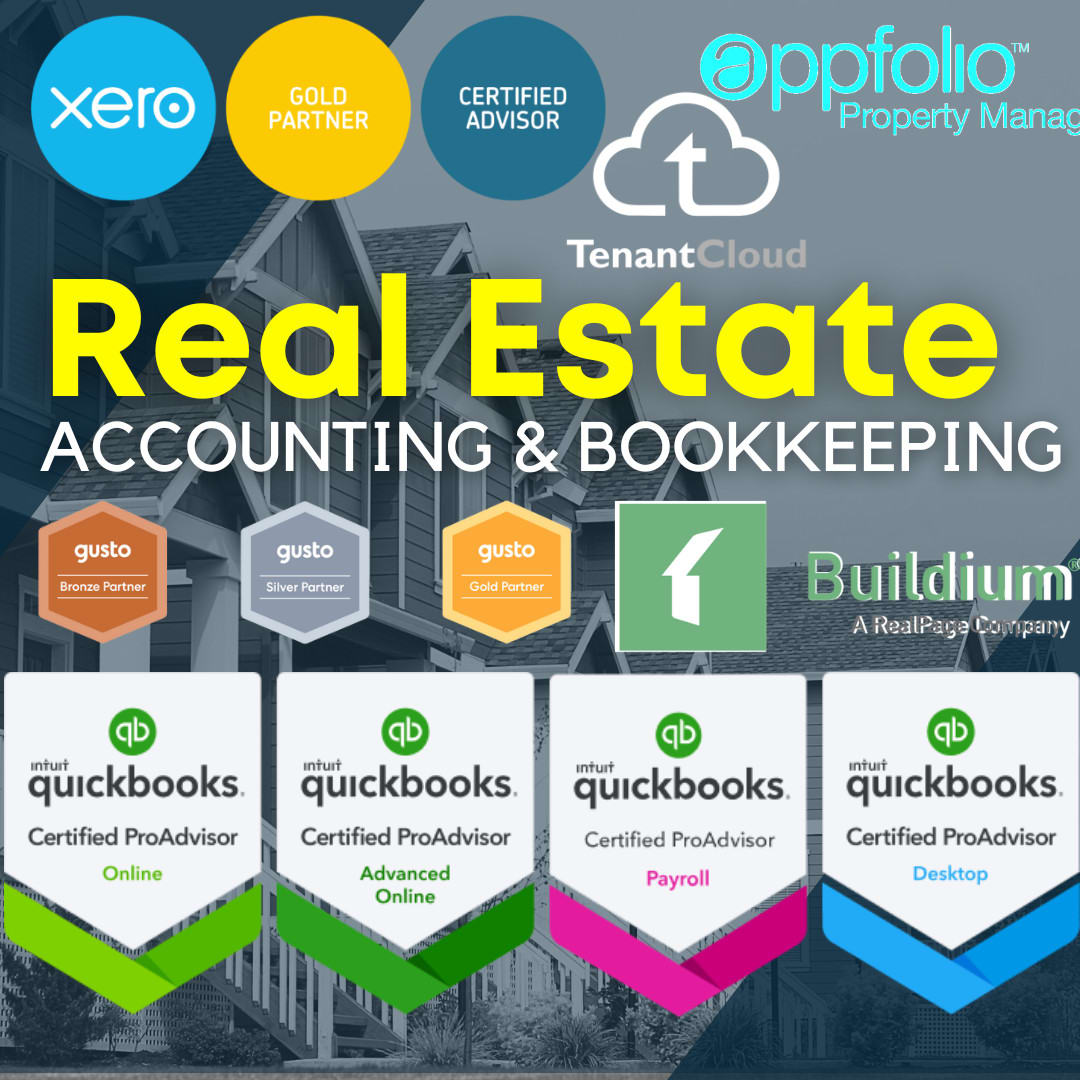How to Optimize Your Finances with Construction Accounting to Ensure Compliance
Comprehending the Importance of Building Audit in the Building & Property Industry
In the building and real estate industry, the value of building and construction accountancy can not be overstated; it serves as a keystone for accomplishing monetary success and operational performance. Discovering these subtleties exposes vital insights that can reshape just how sector players approach their financial monitoring approaches.
Secret Principles of Construction Accounting
Understanding the special financial landscape of the building sector requires a solid understanding of vital principles of building audit. At its core, construction bookkeeping varies significantly from conventional accountancy practices due to the complexities fundamental in project-based procedures.
Another crucial concept is making use of progress invoicing, which enables contractors to obtain payments based upon the percent of work finished. This technique helps maintain cash money flow throughout the project period, necessary for operational security. In addition, recognizing earnings acknowledgment is vital; the percentage-of-completion approach is typically used to line up revenue with task landmarks, showing the job's economic fact.
In addition, building accounting emphasizes the significance of exact forecasting and budgeting, as jobs typically prolong over a number of months or years. Effective project management tools and software can aid in checking economic efficiency, making sure that all stakeholders have exposure right into the job's monetary health. Grasping these concepts gears up construction companies to navigate their unique economic challenges and maximize their operational effectiveness.
Obstacles Distinct to Construction Jobs
What obstacles do building tasks deal with that set them in addition to other sectors? One considerable obstacle is the integral complexity of building and construction jobs, which often include multiple stakeholders, consisting of contractors, distributors, subcontractors, and clients. Each celebration may have different top priorities and timelines, causing coordination problems that can impact job delivery.
In addition, construction projects are prone to changes in material costs and labor schedule, which can disrupt routines and budgets. Weather condition conditions also pose an unique challenge, as unforeseen hold-ups can bring about boosted costs and expanded timelines. Regulative conformity and permitting processes differ by region, adding another layer of intricacy that must be navigated meticulously.
One more distinct obstacle is the task lifecycle, characterized by stages such as layout, purchase, building, and bargain. Each phase requires meticulous preparation and economic tracking to make certain source allocation aligns with project objectives. The possibility for adjustment orders and range modifications even more complicates financial monitoring, demanding robust bookkeeping methods to preserve success.
Lastly, the industry regularly grapples with money circulation concerns, as repayments are usually contingent upon project milestones. This can stress funds, making effective building and construction accountancy vital to overcoming these obstacles.

Benefits of Accurate Financial Monitoring
Precise monetary tracking functions as a foundation for successful construction task monitoring, especially because of the distinct challenges encountered by the sector. By preserving accurate financial documents, building companies can enhance decision-making procedures, allowing supervisors to assign sources effectively and respond promptly to budgetary constraints.
Among the essential advantages of precise financial tracking is boosted money flow administration. Knowing when cash is due from customers and Get More Information when repayments to providers are called for helps protect against money scarcities, guaranteeing projects stay on timetable. In addition, it allows companies to determine discrepancies early, minimizing the danger of budget plan overruns.
In addition, precise financial information helps with effective task projecting. By evaluating past monetary performance, companies can make informed quotes for future projects, decreasing the likelihood of unpredicted expenses. This foresight additionally aids in developing competitive quotes, as companies can provide even more precise rates to customers.
Last but not least, exact monetary tracking enhances compliance with regulative needs and legal responsibilities. By methodically recording revenues and expenses, building and construction companies can quickly produce necessary records for audits, protecting click to find out more themselves versus possible lawful conflicts. In summary, accurate financial monitoring is necessary for promoting economic security and promoting long-lasting success in the building market.

Important Tools and Software Application
Just how can building and construction business successfully handle their monetary data in an increasingly complex landscape? The answer depends on leveraging crucial devices and software program customized to the distinct needs of the construction and real estate sector. Building accountancy software application provides durable options for monitoring expenses, managing spending plans, and creating economic records. By utilizing dedicated systems, business can enhance their bookkeeping processes and make certain conformity with market policies.
Popular construction accountancy tools, such as Sage 300 Building And Construction and Property, Viewpoint Vista, and copyright Professional, offer attributes that facilitate project-based audit. These systems make it possible for real-time tracking of task prices, payroll handling, and invoicing, enabling for better monetary presence and control. Additionally, cloud-based remedies supply the advantage of remote accessibility, guaranteeing that stakeholders can team up efficiently no matter of their area.
Integrating job management software application with audit tools even more boosts operational effectiveness. This assimilation permits seamless information sharing, reducing the probability of mistakes and boosting decision-making. Eventually, picking the best mix of essential devices and software program is vital for building firms aiming to maximize their financial administration and maintain development in an affordable market.
Ideal Practices for Building Audit
Reliable economic monitoring in building and construction audit rests on the execution of ideal techniques that cultivate precision and transparency. One core principle is the usage of specialized construction accounting software program, which simplifies procedures such as job, billing, and payroll setting explanation you back. This modern technology not just decreases mistakes yet additionally boosts reporting capacities.
An additional vital method is preserving meticulous documents. Keeping thorough records of contracts, adjustment orders, and invoices makes certain that all deals are traceable and proven. This degree of documentation is specifically crucial during audits or when disagreements develop.
Regular financial testimonials and reconciliations additionally contribute significantly to efficient construction accountancy. By frequently contrasting actual expenses to allocated amounts, companies can identify variations without delay and change their approaches accordingly. Developing a clear graph of accounts tailored to the certain demands of the construction market further aids in arranging financial data, enabling more insightful evaluation.
Conclusion
Finally, building and construction accountancy serves as an essential element in the building and construction and realty market, facilitating effective economic management and job success. By adhering to essential concepts and employing essential tools, companies can navigate the one-of-a-kind challenges of building and construction tasks while profiting of exact economic tracking. Carrying out best methods not only boosts profitability and capital monitoring yet also makes sure compliance with governing standards, eventually cultivating lasting development within a competitive landscape.

In the building and construction and real estate industry, the importance of building and construction audit can not be overemphasized; it offers as a cornerstone for accomplishing monetary success and functional performance.Recognizing the distinct financial landscape of the building market requires a solid grasp of vital concepts of building audit. In recap, accurate economic tracking is essential for cultivating monetary security and advertising long-term success in the building and construction industry.
